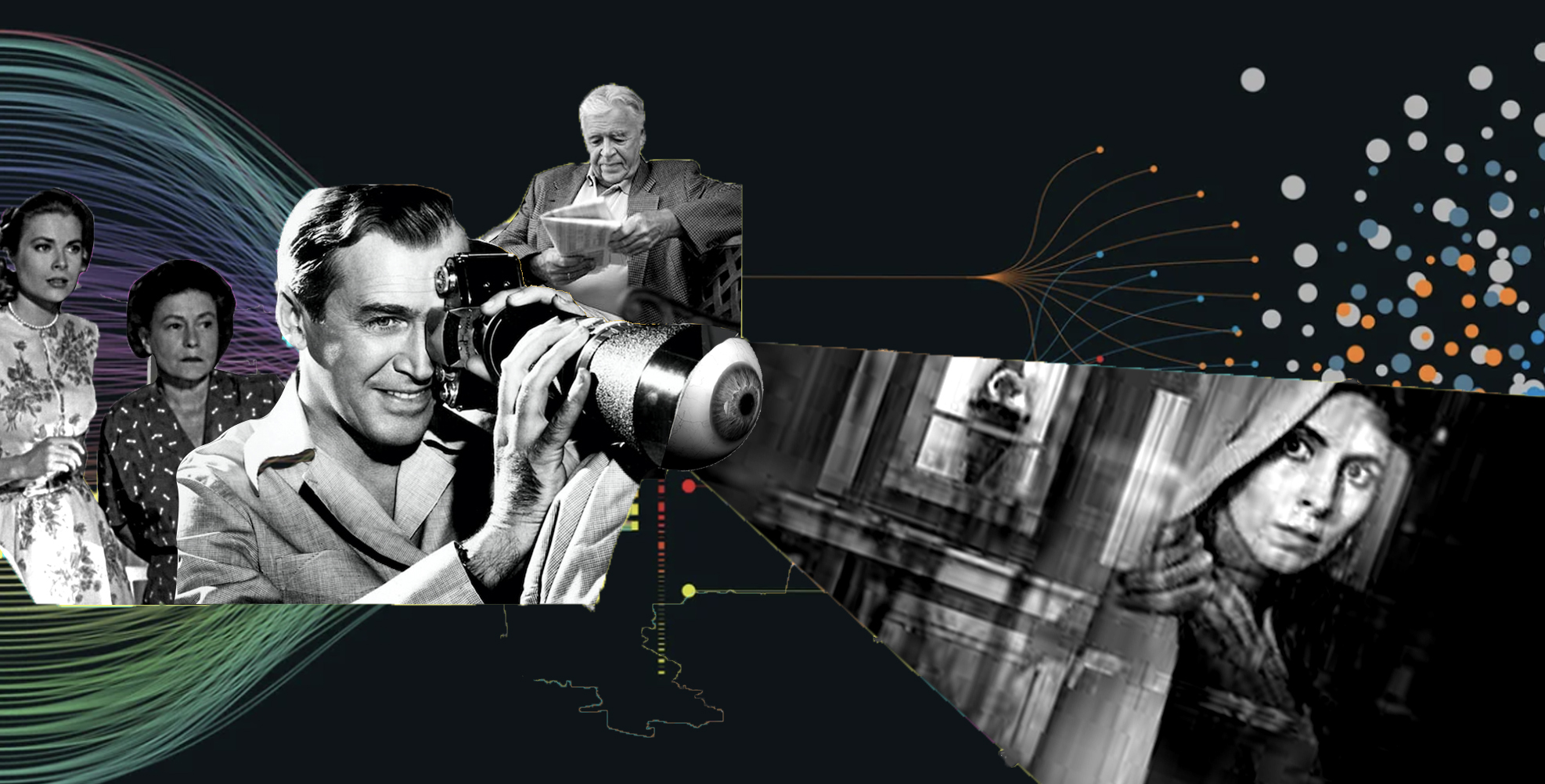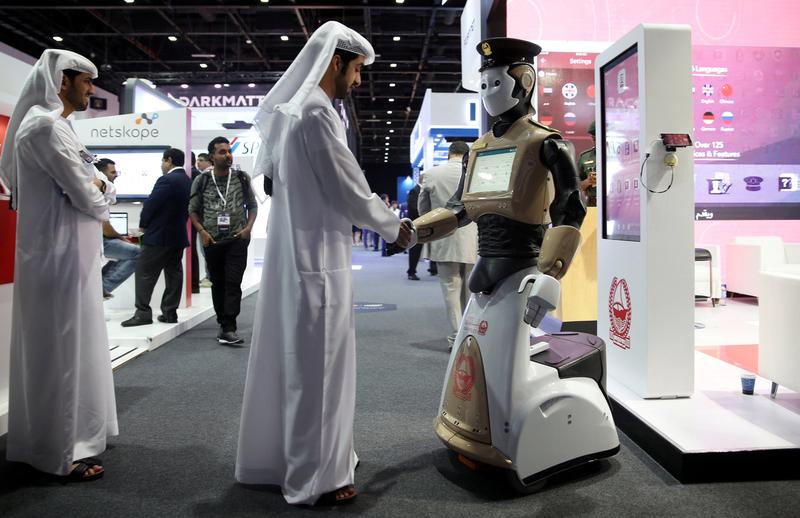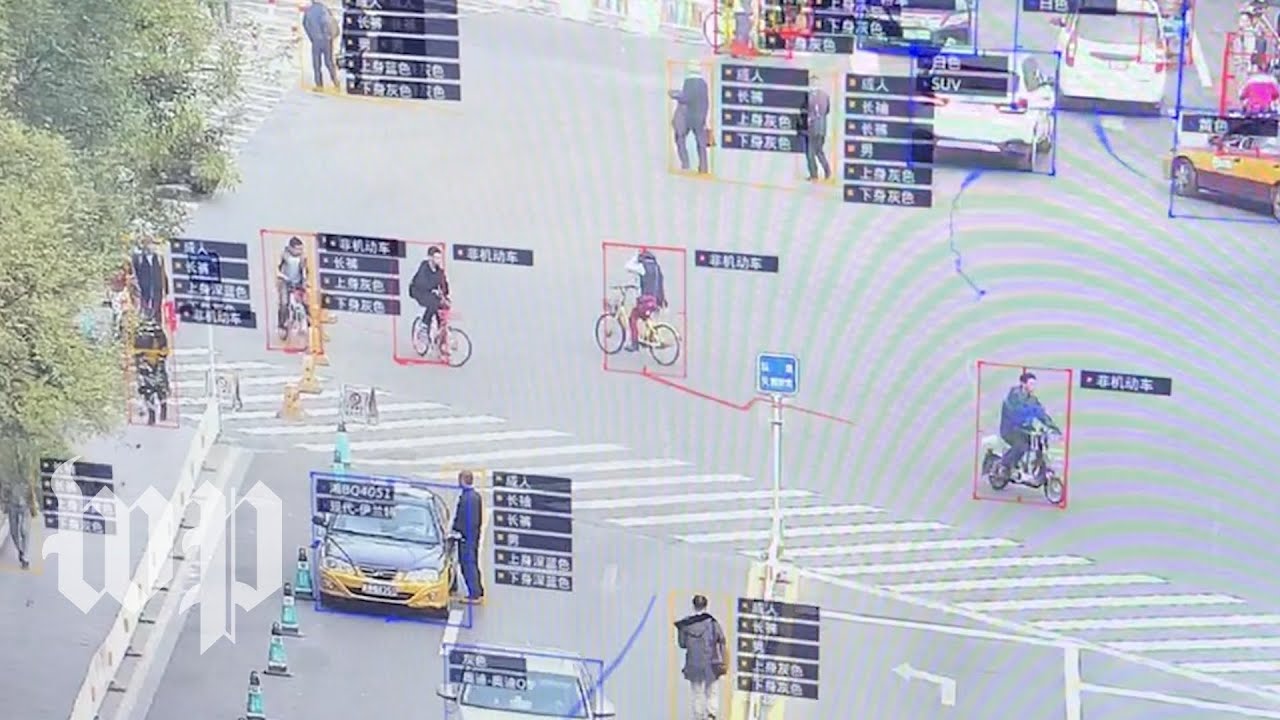#03 Brave New World or a Surveillance Nightmare?

Smart city is not just a concept or dream of the future, but it is a city that uses innovative technology to provide services, improve social and economic quality and address growing urbanisation challenges. In simpler words it solves urban problems using technology. A liveable city that can think for itself. An example of this could be of Spain, the city saves a lot on taxes by using resources more efficiently with the help of sensors. For example public spaces are only irrigated when they’re too dry and garbage bins are emptied once they are full. Another interesting example is of Smart Robo Cops that are supposed to make Dubai safer. These Police Robots are equipped with cameras and can find people with face recognition, reports can be filed on a touch pad, bills can be paid through robots which are inside the energy providers stores. More and more people have started living in the Urban cities and this number is rising steadily. More people means more traffic, more pollution, more energy consumption, more water consumption, more waste, Smart Cities are supposed to help with these problems.

Barcelona, for example, created a new intelligent bus network using data about how passengers were really using public transportation. This new network is more efficient, and gives 95% of the city’s residents access to a high performance bus service. The new bus network provides better and more frequent services. Bus stops are also well connected to other transportation networks. But imagine a human centered city that knows every little detail like how many seats are free in a bus or train?
For example China has the world’s largest surveillance network; it deploys over half of all surveillance cameras in use around the world. It monitors its citizens through Internet, camera as well as through other digital technologies. There's this one app on every Chinese mobile phone that's called WeChat. And with WeChat basically you can live your whole life. It started as a normal chat program like WhatsApp, but very soon it turned into a kind of Chinese Facebook. Now you could get credit, you could apply for credit to your bank with it. You could use it as an ID. You could file your divorce papers through this app to the local court, and you can do all your financial transactions through this app. So this makes it very clear that nobody in China uses credit cards. Everybody does everything with their mobile phones. But at the same time public shaming is a big part of it. China has billboards installed that have artificial intelligence cameras, so when you jaywalk, it takes a picture of your face which then appears on the huge billboard for everybody to see. It has other details like your name and ID number too. The sole purpose of this act is to remind the citizens that the city’s watching you and that you’ve hurt it by breaking the law.

But just the idea of someone watching you and monitoring you all the time seemed a bit scary to all of us in the group. Smart cities go hand in hand with gathering and storing huge amounts of personal data and using it to control city life. Data like where you live, where your office is situated, what time do you leave for work, what places you've visited, who you're with etc. If the city controls the data, this can only be advantageous when it comes to data protection but most cities lack the technical expertise to process and analyse the data so they partner with large tech companies which hold all our data - this is problematic because they use our data to make money and then use our data to their benefit. This raised a lot doubts in our mind about the future of smart cities and it became evident that all of us are against the idea of big corporations being in charge of our data and seeing a smart city where everything in monitored.
words: 666
Post a comment